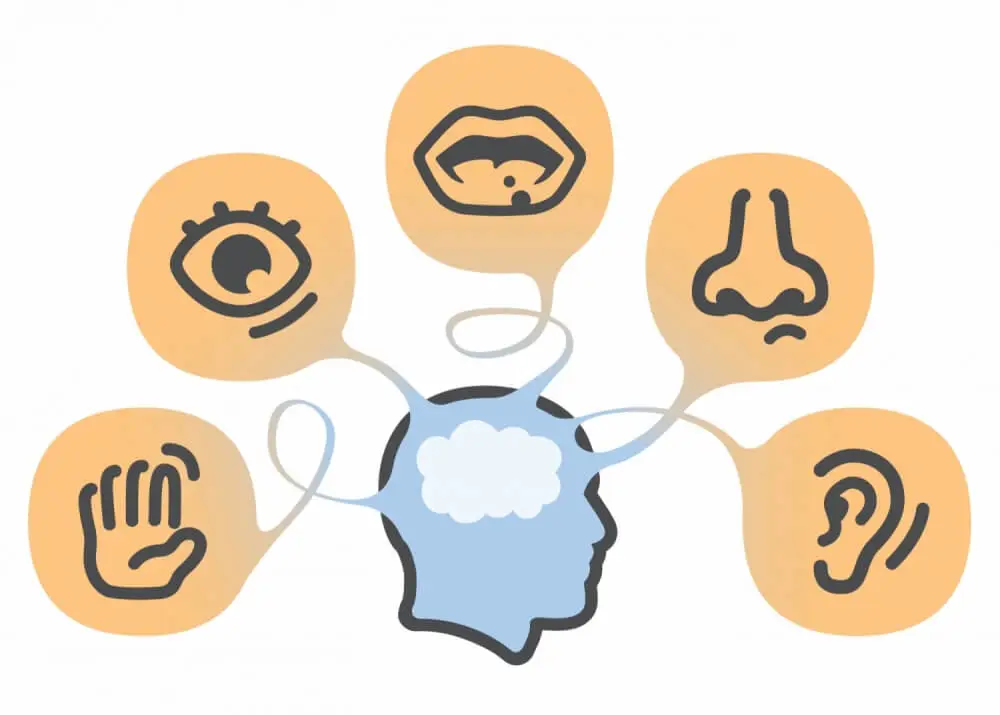
If you suffer from migraines, you know how debilitating they can be. The throbbing pain, sensitivity to light and sound, and accompanying symptoms can disrupt your life. While medications can help manage migraines, natural remedies can offer an alternative or complementary approach to find relief. In this article, we will explore effective natural remedies for migraines that can help alleviate symptoms and improve your overall well-being.
Content
Official Stats about Migraines
- Globally, approximately 1 out of 7 individuals are affected by migraines.
- In the United States, over 35 million people experience the burden of migraines.
- Nearly 1 out of 6 Americans suffer from severe headaches or episodic migraines within a three-month timeframe.
- Each day, more than 4 million adults endure chronic migraine pain.
- Migraines rank among the top 10 medical illnesses worldwide in terms of disability.
Identify Triggers and Make Lifestyle Adjustments

To effectively manage migraines, it’s crucial to identify triggers that may be contributing to their occurrence. Some common triggers include stress, certain foods, lack of sleep, and hormonal changes. By keeping a migraine diary and noting potential triggers, you can make lifestyle adjustments to minimize their impact. This may involve reducing stress through relaxation techniques, maintaining a regular sleep schedule, and avoiding trigger foods.
Maintain a Consistent Sleep Routine
A disrupted sleep pattern can increase the likelihood of migraines. Establishing a consistent sleep routine can help regulate your body’s natural sleep-wake cycle and reduce the frequency of migraines. Aim for a consistent bedtime and wake-up time, create a calming pre-sleep routine, and ensure your sleep environment is comfortable and conducive to quality rest.
Manage Stress Through Relaxation Techniques

Stress is a significant contributor to migraines. Engaging in relaxation techniques can help reduce stress levels and alleviate migraines. Try incorporating practices such as deep breathing exercises, meditation, yoga, or mindfulness into your daily routine. These techniques promote relaxation, reduce muscle tension, and provide a sense of calm.
Stay Hydrated and Watch Your Diet
Dehydration and certain foods can trigger migraines in some individuals. It’s essential to stay hydrated throughout the day by drinking an adequate amount of water. Additionally, be mindful of your diet and avoid potential trigger foods such as processed foods, caffeine, alcohol, and foods containing additives like MSG. Opt for a balanced diet rich in fruits, vegetables, whole grains, and lean proteins.
Utilize Essential Oils and Herbal Remedies
Certain essential oils and herbal remedies have shown promise in relieving migraine symptoms. Peppermint oil, lavender oil, and eucalyptus oil have analgesic and calming properties that can help reduce pain and promote relaxation. Herbal supplements like butterbur and feverfew have been used traditionally to alleviate migraines, although it’s important to consult with a healthcare professional before trying any new supplements.
Regular Exercise and Physical Activity

Engaging in regular exercise and physical activity can help reduce the frequency and intensity of migraines. Exercise releases endorphins, which act as natural painkillers and mood boosters. Aim for moderate-intensity activities like brisk walking, swimming, or cycling, and establish a consistent exercise routine that suits your fitness level and preferences.
While migraines can be challenging to manage, natural remedies provide a holistic approach to finding relief and improving your quality of life. By identifying triggers, making lifestyle adjustments, maintaining a consistent sleep routine, managing stress, staying hydrated, and utilizing essential oils or herbal remedies, you can effectively alleviate migraine symptoms.
Remember, it’s essential to consult with a healthcare professional for a comprehensive evaluation and personalized guidance. Embrace these natural remedies and regain control over your migraines without relying solely on medication.
How can keeping a migraine diary help in managing migraines?
Keeping a migraine diary allows individuals to track and identify potential triggers that may be contributing to the occurrence of migraines. By noting factors such as stress levels, sleep patterns, dietary intake, and hormonal changes, one can make lifestyle adjustments to minimize the impact of these triggers on migraines.
Which essential oils and herbal remedies have shown promise in relieving migraine symptoms?
Peppermint oil, lavender oil, and eucalyptus oil are essential oils that have analgesic and calming properties, which can help reduce migraine pain and promote relaxation. Additionally, herbal supplements like butterbur and feverfew have been traditionally used to alleviate migraines. However, it’s essential to consult with a healthcare professional before trying any new supplements.
How does regular exercise contribute to reducing migraines?
Regular exercise and physical activity can help reduce the frequency and intensity of migraines. Exercise releases endorphins, which act as natural painkillers and mood boosters. Engaging in moderate-intensity activities like brisk walking, swimming, or cycling on a consistent basis can be beneficial in managing migraines and improving overall well-being.

Alissa Edwards a health blogger, but her words have the power to change your life. She is an avid reader and she loves nothing more than curling up with a good book. She always strives for perfection in everything she does, so it’s no surprise that she plans on becoming the next JK Rowling one day!













